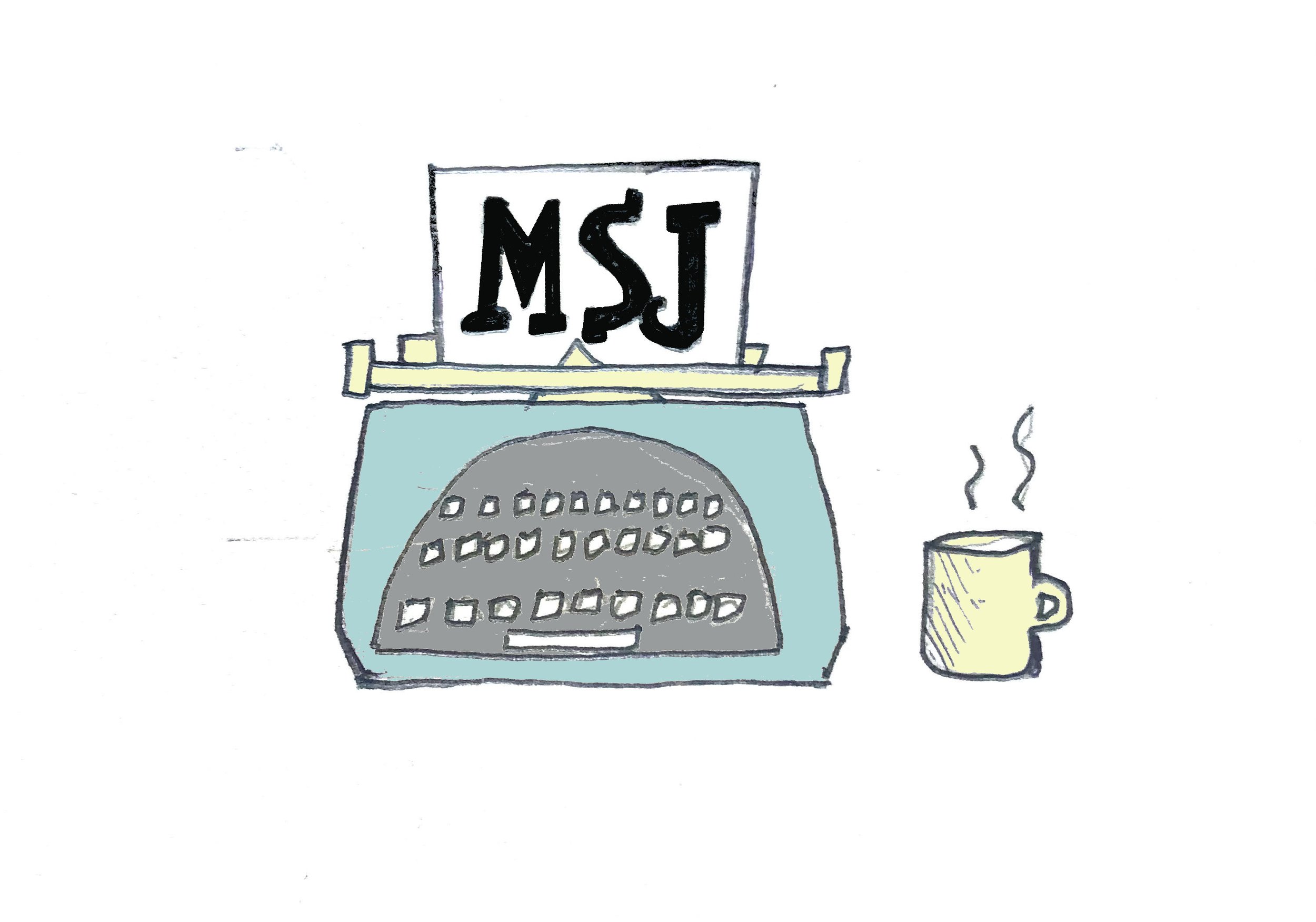Review: Madlib, Sound Ancestors
Madlib, Sound Ancestors, 2021 (Madlib Invazion)
Few hip-hop producers have had a career as long, prolific, or acclaimed as Madlib’s. He’s landed the oh-so-difficult jump from producer to rapper as his high-pitched alter-ego Quasimoto (Rumour has it that Radiohead singer, Thom Yorke, even asked him to contribute a verse to one of his solo albums). He’s been the head chef behind hip-hop staples, like MF Doom’s Madvillainy, and modern-day classics like Freddie Gibbs’s Piñata. An underground monarch who dabbles in mainstream approval, he’s made beats for the likes of Erykah Badu, and Kanye West and Kendrick Lamar on the Life of Pablo track “No More Parties in LA.”
Until recently, there was just one feather missing from Madlib’s cap: he hadn’t recorded a proper solo album. This gap in his catalog shouldn’t shock those that follow him, considering what he said to Complex about the instrumental version of his 2019 album Bandana (sans Freddie Gibbs): “I can’t even listen to that...I can’t just listen to four-minute beats going on and on and on.”
And yet, here you are in 2021 reading a review about just such an album — so who changed Madlib’s mind? That award goes to Kieran Hebden, otherwise known as the British, IDM producer Four Tet. Like many of us, Hebden had always dreamed of getting his hands on a solo Madlib album; unlike us, he had the power to actually make that album happen since he’s a good friend of Madlib’s, and has been ever since he remixed Madvillainy for Stones Throw Records in 2005. Sound Ancestors, however, is much bigger in scope — to make it, Hebden sifted through an ocean of Madlib’s unreleased material, sequencing, mixing, and mastering those tracks into the Madlib album he’s always wished for; thankfully, it’s the record that hip-hop heads have been wishing for as well.
Fueled by Madlib’s massive record collection — he told Spin that he owns three or four rooms full of vinyl—Sound Ancestors sees the producer using hip-hop as the lockstitch to sew together musical samples across time, genre, continent, and race. On “The Call,” Madlib creates hip-hop gold out of a white-funk cut from the Australian mod band The Twilights. Driven by a rolling snare, “Road of the Lonely Ones” gives new life to the soaring vocals of a mostly forgotten soul song. Sound Ancestors is a cratedigger’s dream, a patchwork quilt of both obscure and well-known samples that will have music nerds glued to WhoSampled and Reddit forums as they noodle over the origins of each track.
Not that you have to be a liner-note junkie to enjoy Sound Ancestors. “Two for 2 - for Dilla,” a memorial to his good friend and collaborator J Dilla, grooves steadily whether you recognize the Sly, Slick and Wicked sample behind it or not. The dub-heavy track “Loose Goose” achieves chill-status with a stripped-down reggaeton beat, hypnotic buzzes, and a snippet of Snoop Dogg declaring “fo shizzle my nizzle.” While Madlib’s beats are usually full of frenetic energy and pitched-up vocals, Sound Ancestors feels smooth and spacious in comparison, giving the samples at its core ample breathing room.
The record has its chaotic moments, too. Some of them work, like the title track, “Sound Ancestors,” which kicks off with a frantic tapping cadence before dissolving into a freeform layout of flutes and drums. Others, however, never rise above the experiment. “One for Quartabê / Right Now” has a couple of cool ideas — a thumping stand-up bassline and a hidden trap beat — but they never break free from the song’s shrill beeps and chaotic breakbeats.
Though it’s difficult to overstate his influence on hip-hop (both the old school and new school alike), Madlib has always been modest about his place in rap. With Hebden as a curator, Sound Ancestors finds Madlib emerging as the reluctant leader of the old school’s avant-garde, a group that’s always been more interested in pushing the possibilities of sampling than achieving the perfect loop. The record feels even more immediate with the recent passing of innovator, like-minded collaborator, and friend MF Doom. While its release is tragic timing, Sound Ancestors isn’t a melancholy reminder of a fading era. Instead, it serves as a celebration of the tunes that inspired Madlib and friends — and in turn, hip-hop itself.

